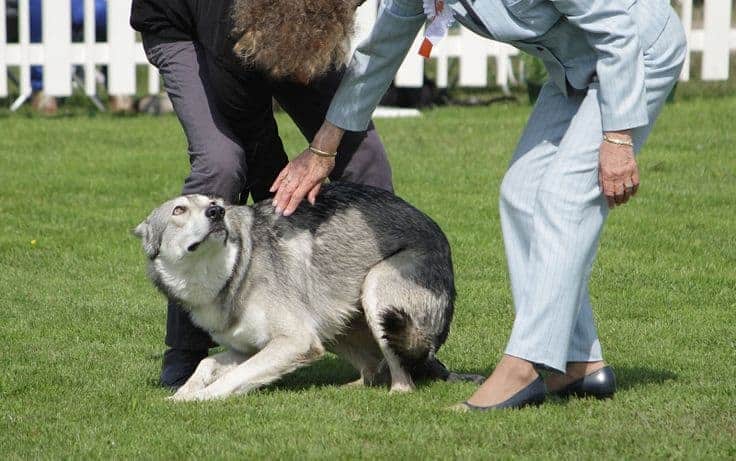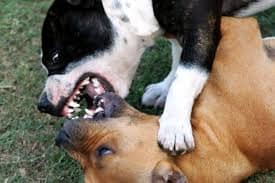Training Dogs in Phoenix, Arizona: A Comprehensive Guide to Addressing Behavior Issues
In the bustling city of Phoenix, Arizona, the bond between dogs and their humans is as strong as the Southwestern sun. However, even in this canine-friendly environment, behavioral issues like aggression and anxiety can cast a shadow over your pup’s life. Whether you’re looking for basic obedience classes or specialized Dog Training in Phoenix to tackle more severe issues like Dog Aggression Training or Dog Anxiety Training, this article provides an evidence-based approach tailored for both professionals and pet owners.
The Unique Canine Landscape of Phoenix
Phoenix offers a myriad of opportunities for dog socialization—from dog parks to hiking trails. However, the bustling urban environment can also be a trigger for behavioral issues like aggression and anxiety. Therefore, a comprehensive Phoenix Dog Training approach needs to consider the unique characteristics of the city and the dog population within it.
Separation Anxiety Training for Dogs in Phoenix
Many pet parents in Phoenix have to juggle work commitments and social lives, which means their dogs often spend time alone at home. Separation anxiety can be a challenging issue to manage, but there are specific training methods to ease the stress your dog may feel.
- Desensitization: Start by leaving your dog alone for just a few minutes and gradually increasing the time.
- Positive Reinforcement: Reward calm behavior with treats or playtime as you prepare to leave and after you return.
(Source: Overall, K. L. (1997). Clinical Behavioral Medicine For Small Animals. Mosby-Year Book.)
Dog Aggression Training
Aggression can manifest in various forms such as growling, snapping, or even biting. It’s crucial to identify the trigger—be it other dogs, people, or specific situations. Once identified, a training plan should be customized to desensitize your dog to the trigger.
- Counter-conditioning: Replace the aggressive behavior with a more acceptable action, like sitting or looking at you.
- Socialization: Expose your dog to controlled situations where they can learn to behave appropriately.
(Source: Appleby, D., & Pluijmakers, J. (2004). Separation anxiety in dogs: The function of homeostasis in its development and treatment. Clin Tech Small Anim Pract, 19(4), 205-215.)
Dog Anxiety Training
Generalized anxiety can make even a simple walk around the block a stressful event. This form of anxiety might require more nuanced training techniques.
- Environment Adaptation: Create a safe space in your home where your dog can retreat.
- Cognitive Behavioral Techniques: Use training exercises that redirect anxious behaviors into more productive actions.
(Source: Ogata, N. (2016). Separation anxiety in dogs: What progress has been made in our understanding of the most common behavioral problems in dogs? Journal of Veterinary Behavior, 16, 28-35.)
Finding a Phoenix Dog Training Professional
The success of your dog’s training depends heavily on the expertise of the trainer. Look for professionals who use evidence-based methods and have credentials in behavioral sciences. Given the city’s unique canine challenges, a local Phoenix expert will be better equipped to guide you and your dog toward a harmonious life.
Conclusion
Whether you’re dealing with separation anxiety, general anxiety, or aggression, remember that Dog Training in Phoenix has its unique set of challenges and benefits. However, with the right professional help and evidence-based practices, you can turn these challenges into milestones on your journey toward a happy and obedient pup.



